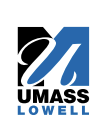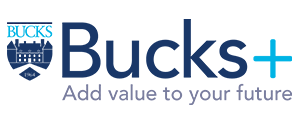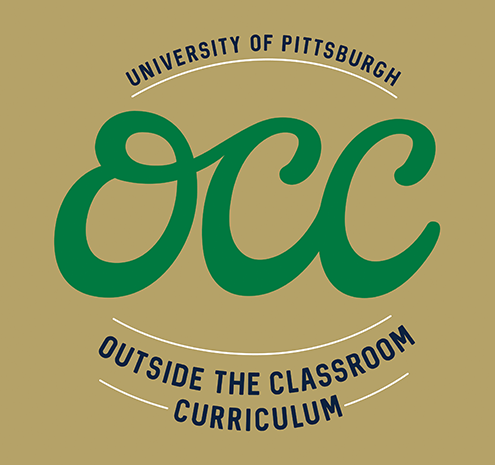Life with Suitable
The UMass Lowell Honors College implemented Honors by Design, an innovative program designed to track and enhance students' co-curricular experiences. By leveraging Suitable, the college structured the program around four key competencies that align with the university’s strategic plan:
- Lowell Passport – Encouraging students to explore campus and community resources

- Self-Empowerment – Promoting personal growth and well-being
- Professional Development – Providing career readiness experiences
- Community & Global Engagement – Fostering civic involvement and cultural appreciation
To further gamify student participation, the college established a tiered milestone system, where students progress through four levels: Bronze, Silver, Gold, and Platinum (newly introduced as the highest level).
A key component of the program is the FYSH Badge, which was integrated into the First-Year Seminar Honors experience. This badge is a mandatory requirement, accounting for 20% of students’ grades, ensuring early engagement in the program.
The rollout of Honors by Design was carefully planned to ensure a seamless transition to a more structured system for tracking student engagement. In Fall 2023, the initial launch introduced students to a new method of tracking their co-curricular experiences. By Spring 2024, space limitations affected the First-Year Seminar, prompting a shift to an online format. This change made the integration of Suitable’s FYSH Badge even more critical, ensuring students remained engaged despite the transition. By August 2024, the FYSH Badge was officially launched, becoming a core requirement for first-year students, reinforcing the program’s importance in their academic journey.
To maximize participation and awareness, the Honors College implemented a multi-channel communication and promotion strategy. Student engagement was a top priority, with the FYSH Badge integrated directly into programming, making it a required element of students’ academic experiences. Faculty collaboration played a crucial role, with faculty from RHSA, Career Services, the Co-op Center, and the Manning School of Business aligning events with the program’s objectives. The Honors College also partnered with the National Park Service, utilizing QR codes to encourage student participation in local activities, fostering a deeper connection between students and their community.









